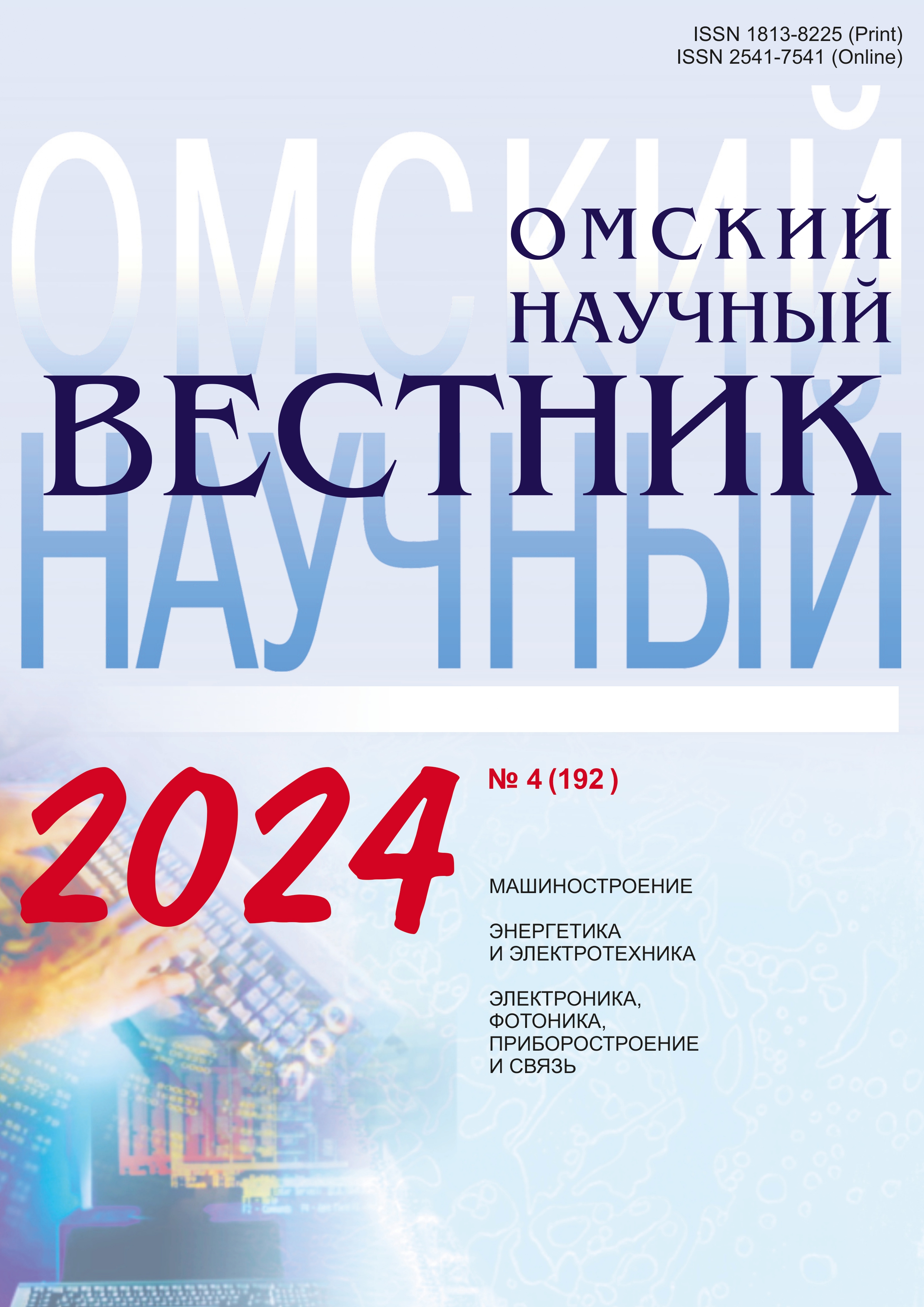Measurement and optimization of inductive elements in control systems of combined heat and power supply based on renewable energy sources
DOI:
https://doi.org/10.25206/1813-8225-2024-192-117-124Keywords:
power loss measurement, inductive elements, test current generator, power loss separation, inductive element optimisation, inverter technology, renewable energy sources, micro hydroelectric power plantsAbstract
The article deals with the role of inverter technology in the future development of renewable energies, existing methods for measuring the loss power of inductive elements and their further development, which are used in pulse or resonance inverters for heating and energy supply based on renewable energies. The research presents an overview of the existing methods and their applicability for measuring the power loss of inductive elements. A new approach is proposed for the preliminary estimation of the power loss of inductive elements based on measurements that approximate real operating conditions. The actual state of the technology in this field is described and the functional concept of test current generators is presented. The difficulties in separating the power loss into individual components are considered and the characteristics of the measurement method for solving this problem are addressed. In addition, the physical causes of the individual components of power losses in inductive elements are discussed and recommendations for minimizing are demonstrated.
Downloads
Published
How to Cite
Issue
Section
License
Non-exclusive rights to the article are transferred to the journal in full accordance with the Creative Commons License BY-NC-SA 4.0 «Attribution-NonCommercial-ShareAlike 4.0 Worldwide License (CC BY-NC-SA 4.0»)




